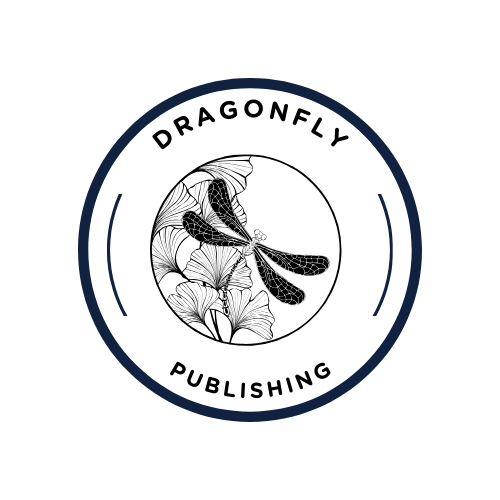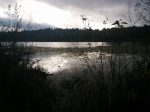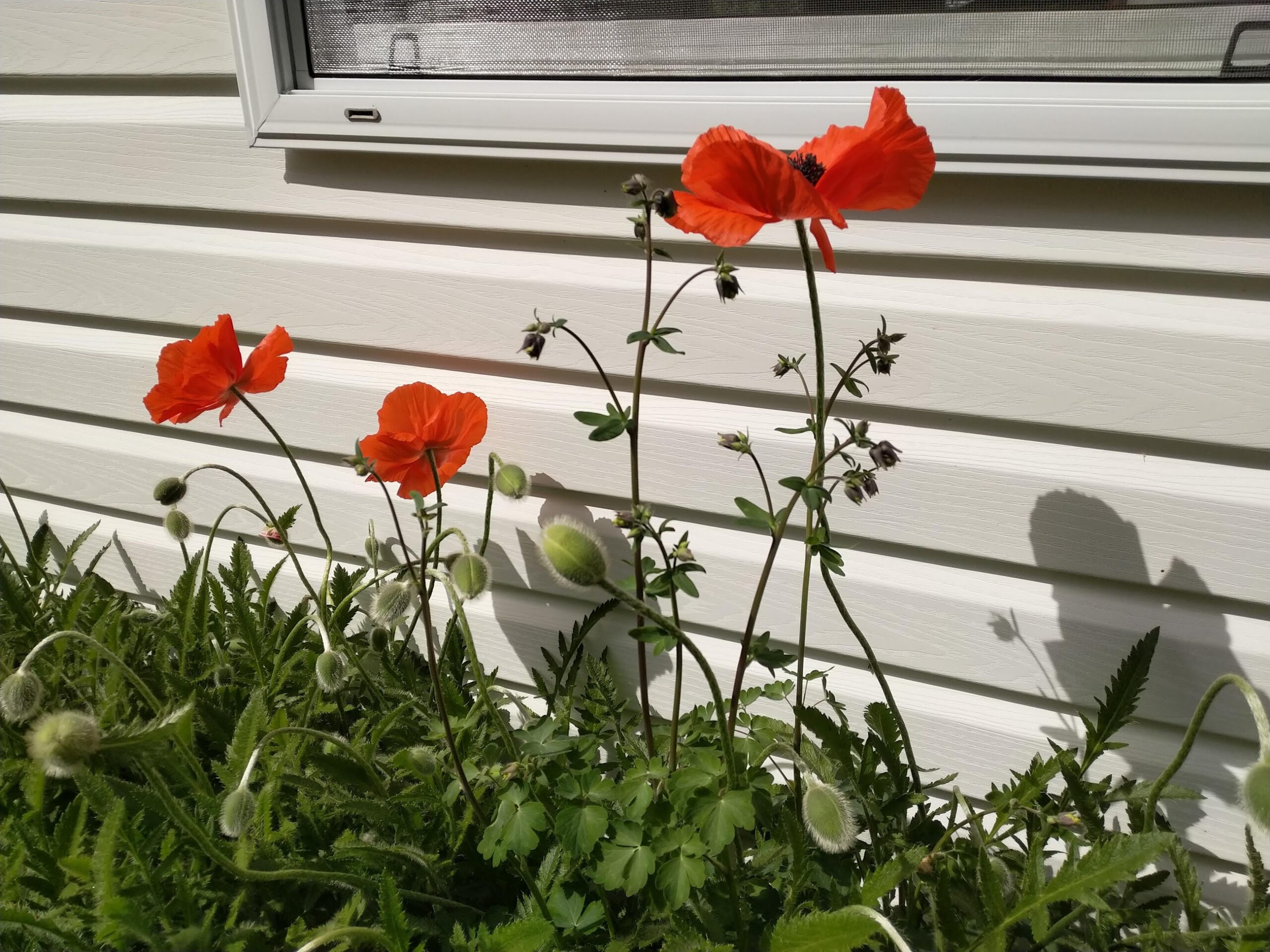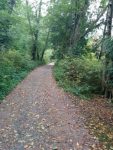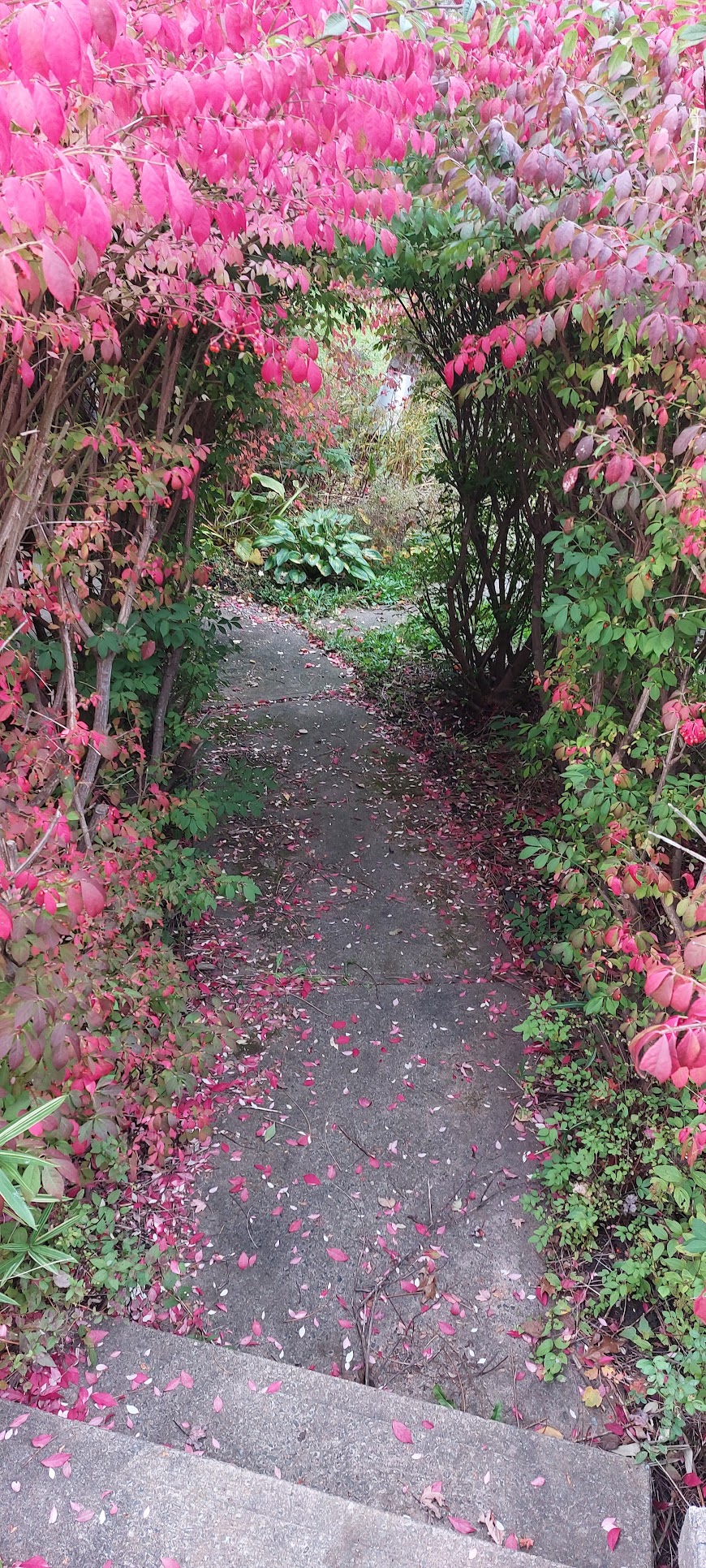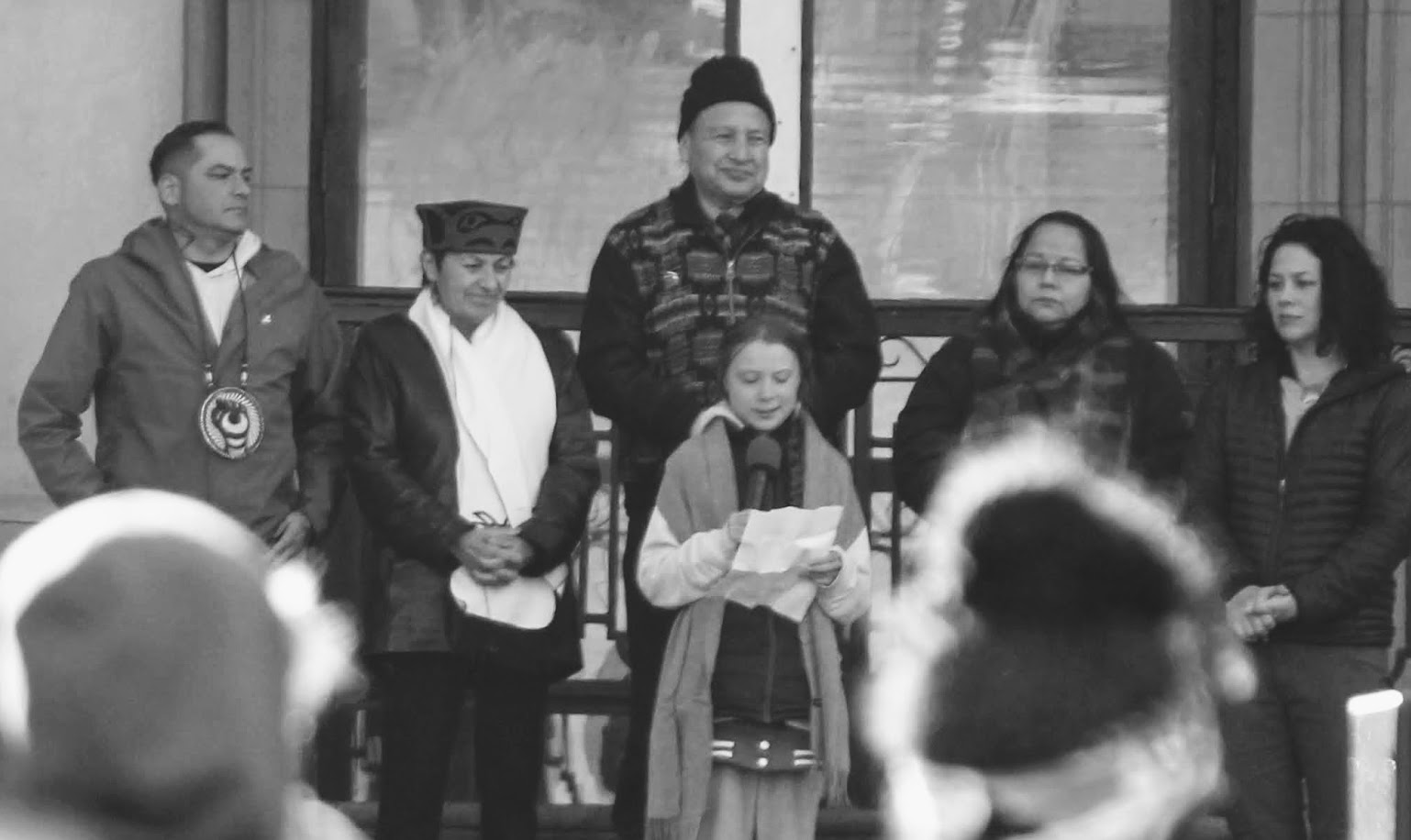Sometimes running has to be put aside for a few days, and that’s where I’m at right now. Oh, I’ve had little annoyances since I began running–strange back issues, tendonitis in my arms, frigging costochondritis (of all things!), lack of sleep, etc. But even with these issues I’ve been able to pick up again quickly. The summer cold, however, is beating my butt. It started coming on Sunday night as we were enjoying an evening with friends on the back deck. My throat was constricted and sore. I had two mint juleps, and the bourbon helped, but over the week the cold is progressively worse. Because I’m the only one not on vacation at my workplace, I am not skipping work. Today my left neck gland is swollen and sore (it often gets that way, and I’ve been tested and am okay, but ouch). I’m pretty sure I am running a slight temperature. My ears are sore, my throat is killing me, my head is fuzzy, and my entire body is fatigued. This is also our camping weekend. We’ll leave around four and go up to Birkenhead, which is about 90km northeast of Whistler. Last night we packed the car. Even then I was giddy about finding a trail to run, but this morning I woke up even worse. Part of it is just coughing a lot at night and not sleeping well. Still, I will get out and at least hike this weekend and hope to do a run that would finish my week of 10K training. It has been so long since I’ve gotten a terrible cold like this; usually I get a scratchy throat, some allergy issues, and it’s gone. I am going to blame my coworker for giving this to me last Friday (she was just getting over and then went to climb Mt. Ranier!).
I really didn’t sit down to write this blog with dark thoughts, however. Or to complain. I’ve been reading quite a bit lately about dark ecology, and, while I can’t say I totally understand what it is, this explanation by Timothy Morton, in an interview with Nicholas Korody at Archinet, seems to illustrate it some. When asked, “You’ve written a lot about “dark ecology” contra such “light green” ideologies. Can you explain your aversion to these terms, and what a “dark ecological” architecture might look like?” Morton replied:
Totally. Things are intrinsically fragile. They collapse all by themselves, because they are different from how they appear. So you can’t ever have a nice perfect neat, tree-lined setup, as you put it. And you can’t have a nice tree-lined one-size-fits-all social structure, either, because social structures are also “objects.” You have to design with the inner fragility of things in mind. At some point, your wooden beams may be crawling with insects. Do you want to try to make something that will withstand everything, for ever? Do you understand the extreme violence that would take, precisely because it’s radically impossible? Wouldn’t it be better to make a place that was inviting for all the specters I was just talking about? And wouldn’t that look or feel a bit like a kind of “goth” sensibility, not that it has to have Scooby Doo crenelations or whatever.
Another reason for dark ecology is, why can’t we have an ecology for the rest of us, the ones who don’t want to jump into a pair of shorts and hike up a mountain yodeling? An ecology for the ones who want to pull the bedclothes over their heads and listen to weird moody drum and bass?
Dark ecology is definitely not despair ecology. That’s the way some have appropriated it, such as Paul Kingsnorth. That’s absolutely not true. It’s about how do you actually coexist nonviolently with as many beings as possible? What does that look like? To me, the guiding image is a charnel ground or, if you prefer a contemporary version, an emergency room. How do you restart hope, actually, knowing what you know about how things are? How do you start to smile once you know how entangled everything is, including all those hermeneutical spider webs? How do you smile for real, which means how do you get to cry for real? About all this truly horrible frightening stuff? Ecological facts are frightening, no? We are currently talking to ourselves about them in PTSD mode, which isn’t helping at all. Dark ecology helps you to move past that without deleting the pain.
So, to me, dark is not despair, it’s just real. It’s not staged to be pretty. It’s not the lovely turnip greens I had hoped to produce this year; it’s the ones that rooted well, grew well, but are now full of pale cabbage maggots that got on my hand last time I investigated the turnips (luckily I had already gotten a crop of them before the infestation). Nature is pretty at times. At other times, due to our cultural indoctrination, parts of it don’t appeal to our senses. For example, an old growth forest is full of beautiful climax trees, a rather random but verdant carpet of fallen trees and ferns and lichen and so forth. Still quite beautiful. Underneath it all is a mass of worms and bugs. According to Wade Davis, author of Rainforest: Ancient Realm of the Pacific Northwest, in our rainforests here, “A square meter of soil may support 2,000 earthworms, 40,000 insects, 120,000 mites, 12 million nematodes, and millions upon millions of protozoa and bacteria, all alive, moving through the earth, feeding, digesting, reproducing, and dying.”
I always say it’s the little things that may freak you out the most. It’s the little things like that that are just as important and integral to the health of the rainforest, yet, for most of us, when we think “nature,” we look at the trees rather than taking a microscope to the soil. In other words, we look at what we see or want to see, and that is often quite majestic and appeals to our senses. Maybe we just need to accept it all instead of what appeals to us. I think photography is often guilty of ignoring reality, for instance. Not only do photographers generally take beautiful photos, but often times they spruce them up afterward to be even more contrasting, colorful, or lit a certain way. Or, the photograph is staged so that the viewer may think it’s natural, but it is not.
A few years ago, I began to dream of my Mammaw Collins, who was a dear, sweet lady who died when I was age 13. She was kind of a mystery to me in ways because, unlike my Pappaw (who I used to hang out with at all times, while he told stories, whittled, and kept me company), she was not always as open or warm. She was more drawn in, introverted (which is how I came to be as well). She had a beautiful smile, a model’s face with large green almond shaped eyes, and was the best cook I ever knew. I still think about my Mammaw and Pappaw and have blogged about them before. Anyway, I don’t know why I started dreaming about her a few years ago. It was the same dream over and over. In the dream, she had died and it was her wake, and it was up to me to make her presentable, as if I were an undertaker. Back then in that part of the country (Appalachian Mountains), they–and still do in some parts today–had an all-night wake when someone died, where loved ones stay “awake” all night to honor the dead. Yet, the dream wasn’t about filling her up with preservatives, to make her presentable at the funeral. It was about me being tasked to wash her face and arms with soap and water, and in the dream, as I went through these motions, softly with a washcloth, I felt truly tied to this woman, missing her even more. I’d always wake up thinking it was bizarre to dream of washing down your dead grandma with a washcloth, but at the same time, the dream was more soulful than that. I realized that for my brief time on this earth before her death she had affected me more than I knew and shown me and my other cousins such love (and great food). I use this an example of dark ecology–though I think I prefer the term “real ecology”–to show that nature is not always pretty or kind. It is never staged for our benefit. I think now that the dream was happening because during those years I began to question religion, and I wanted to know how it felt to send off someone with deep respect by tending to their physical vessel when they were alive–I didn’t know anymore that there would be a spirit ascending to heaven, and I had to have something to hang onto other than pure memory.
Before my dad died, his mind had really gone. He was having constant episodes of not being able to distinguish between dream and reality, which was very scary for him. Before he got to the point he no longer could really talk or keep a thought, on Father’s Day weekend in June 2008 we all went to the nursing home to visit him. He began telling us about a dream he had the night before. The weird thing is that I had heard it that very morning, and he still remembered it in the afternoon–so, in this particular case, it was a dream and his memory was intact for those few hours. In the dream, he had been taken in the night, along with other people (children and adults alike), to a place where scientists were experimenting with them. They had to go to the other side of some kind of invisible barrier and tests were done to them, such as putting them in human tubes. He remembered that all kinds of gadgets were laying around, along with peripheral devices and cables. At one point there was a very bright light that they were expected to walk into. I guess you probably know where I’m going with this: he died less than a year later and his fear of knowing his death was soon prompted this dream where he had to cross over to another side, walk toward a bright light, etc. What amazed me about all that was his perfect memory in a time when he really couldn’t usually remember anything from even a minute before. A month before, he had fallen asleep during the Kentucky Derby, a two-minute race he had watched every single year of his life and that he was always excited to see. My poor Dad…I was so pained at watching his body and mind go downhill. It was excruciating for him.
I think dark ecology just calls for understanding life is full of pain and horror. And that true nature is not all a staged “everything is beautiful” scenario. When I get out in the forest I am keenly aware of what is or may be under me, above me, or in the bush. It’s part of nature, the things I don’t see. The things that would likely gross me out.
I quoted this before on this blog, but I read a post on Reddit once that said:
One more thing I picked up recently is to be grateful. When my lungs hurt and I feel like I will die, it sounds cheesy, but I will think that the pain means I am alive and that I am pushing myself to be healthy. I am actually using this powerful body and feeling what that is like, pain or pleasure. My dad passed away recently after years and years of limited mobility and pain. He (and many many other people) are/were not able to even walk around, much less run and feel the great feeling of accomplishment afterwards. I can run for him and for the simple fact that I am grateful to be able to do so.
Going to take these thoughts with me this weekend as we head up to the isolated wilderness to camp. I will run some at least, despite the fact that today I feel like I’m falling apart. Yes, I want to get better so won’t overdo it! But there is something about accepting pain with pleasure, accepting reality that clashes with dreams.
